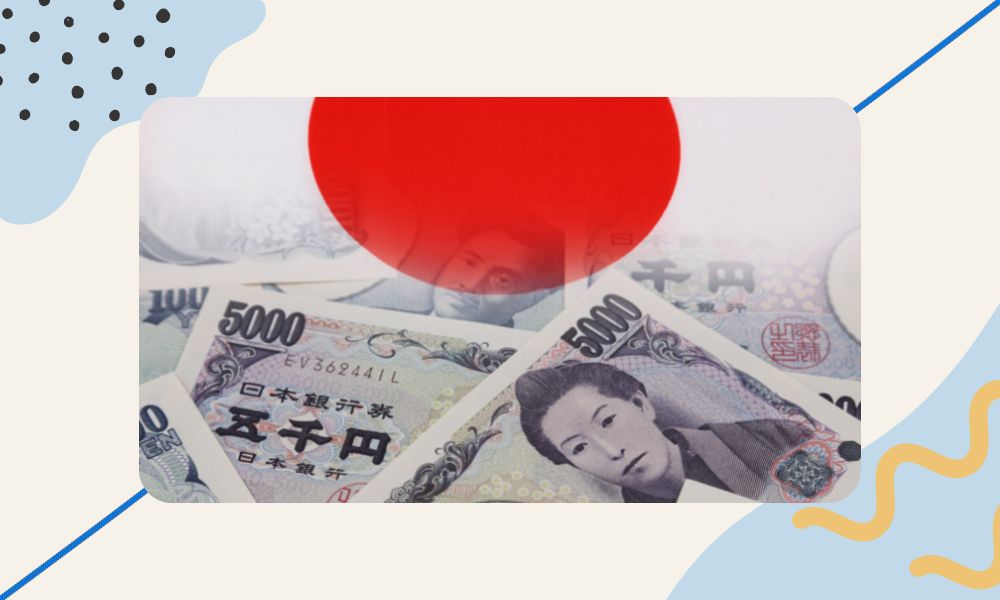This is a transcription of the audio from the episode of the FT News Briefing podcast: "Bank of Japan stuns markets," as the phrase goes.
It's me, Jessica Smith.
From the staff of the Financial Times, good morning. The 21st of December is today, which is Wednesday. This concludes today's Financial Times News Briefing.
The Bank of Japan made a concession, which caused the markets to shake. Customers of FTX are attempting to work together in order to move to the front of the queue for refunds. And Tom Wilson of the Financial Times reflects on the eventful year that was the energy markets.
Tom Wilson, who?
I mean, in that section, this chapter, this section truly would be called "Russia," wouldn't it?
It's me, Jessica Smith.
I'm Jess Smith, filling in for Marc Filippino, and I'm here to provide you the information you need to get your day started off right.
The unexpected move in monetary policy implemented by the Bank of Japan shook the financial markets. Since a long time ago, Japan's central bankers have adhered to a very lax policy, and they have consistently failed to raise interest rates along with other central banks. However, officials from the Bank of Japan (BOJ), led by Governor Haruhiko Kuroda, announced yesterday that they will now let yields on 10-year bonds to fluctuate by a half of a percent rather than a quarter of a percent. According to Jennifer Hughes of the FT, the hawkish message that markets have been hearing has been magnified as a result of Japan's move.
Jennifer Hughes
It's almost as if the most powerful central bankers in the world competed with each other to see who could "hold my beer" the longest. Jerome Powell, a member of the Federal Reserve Board, gave a speech the previous Wednesday in which he implied that we still have a significant distance to travel before achieving price stability. The following day, Christine Lagarde, the head of the European Central Bank (ECB), had something of a "hold my drink" moment, and she was even more hawkish than she had been the day before. And now we've got Kuroda, this person who's adhered to this extreme easing policy that is, he's been the one guy that wouldn't bend, and he's the one that we've got to deal with. And now he's here too, joining us at the celebration.
It's me, Jessica Smith.
Jen, do you know if the markets moved because of what the Bank of Japan did or what they think it indicates for the future course of monetary policy?
This is Jennifer Hughes.
It is a combination of the two. I do not believe that we should anticipate that the BOJ would any time soon toss away their current rule book and suddenly sprint to join the interest rate rises like the Fed and the ECB have done. And so you had the governor Haruhiko Kuroda, who will be leaving his post the next year. He has been very insistent that inflation is only temporary. Earlier on in this year, the government intervened in the currency markets and spent billions of dollars trying to keep the value of the yen from falling. Now that we have seen this change, which we weren't expecting, it signals that the next governor of the Bank of Japan is likely to make policy changes that are more significant, which will have a significant impact on the Japanese markets.
It's me, Jessica Smith.
That would be Jennifer Hughes, who is the US markets editor for the FT.
Sam Bankman-
Fried has consented to his extradition, and it is anticipated that he will soon return to the United States from the Bahamas. The former head of the cryptocurrency exchange FTX, which ultimately went bankrupt, is facing allegations of fraud. In the meantime, other lawsuits have been filed against his previous employer. The most recent legal action has been taken by a collection of FTX clients who have a total of $1.6 billion stranded in the insolvent corporation. They are exerting effort in the hopes of recouping their funds in a more expedient manner. Here is Josh Oliver, who works for the FT.
Joshua Oliver
What is significant about this legal action when it is taken is that it is really about the assets of the customers and whether or not a significant portion of all the money that is at stake in this bankruptcy will be walled off and basically given back to customers as soon as possible. This is important because it will determine whether or not the customers will receive their money as quickly as possible. The point is, you know, does FTX, the corporation that is now bankrupt, possess these assets or do they still legally belong to the customers because they have always been the customers' assets and FTX held custody of them? And because of this, the remaining assets that are owned by FTX and all of its connected companies and that are to be distributed among the remaining creditors are affected.
It's me, Jessica Smith.
At this point, how do you think the collapse of FTX will influence the cryptocurrency industry as a whole?



No comments:
Post a Comment